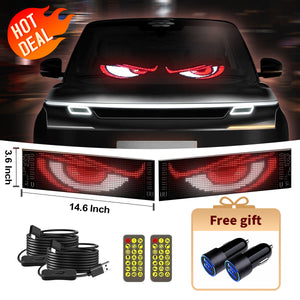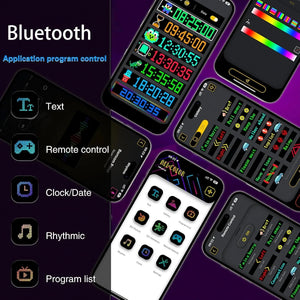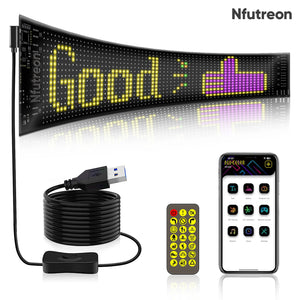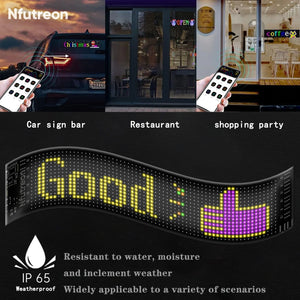Flexible LED transparent screens are loved for their slim design and great performance. But what makes these screens so good? Let’s take a look at the key materials used and how they help with flexibility, transparency and durability.

1. Glass or Acrylic Panels
One of the main components is the transparent panel. These are usually made of glass or acrylic. Glass is great for clarity but heavier. Acrylic is lighter and more impact resistant. Both are transparent so the light from the LED can pass through and create that “see-through” e
2. LED Strips
The LEDs are mounted on thin flexible strips. These strips are designed to be bendable which is key to the screen’s flexibility. The material for these strips is usually a flexible PCB (printed circuit board) which is light weight and durable.
3. Conductive Layers
Flexible LED screens also use conductive materials to power the LEDs. These are usually made from metals like copper or silver which are great conductors. They’re placed in thin layers to keep the screen flexi
4. Protective Coatings
To make the screen last, manufacturers add protective coatings. These coatings protect the screen from scratches, moisture and UV rays. Common materials for this are polyurethane or polycarbonate, both are transparent and durable.
5. Adhesives
And finally all these layers need to be stuck together, and that’s where adhesives come in. Flexible transparent adhesives are used to hold the layers together without affecting visibility or flexibility. They need to be strong but thin enough not to a
The materials used in flexible LED transparent screens are designed to balance flexibility, durability and transparency. From glass panels to conductive layers, each material contributes to the great displays we see today. Now you know what to look for when choosing a screen for your ad, home decor





